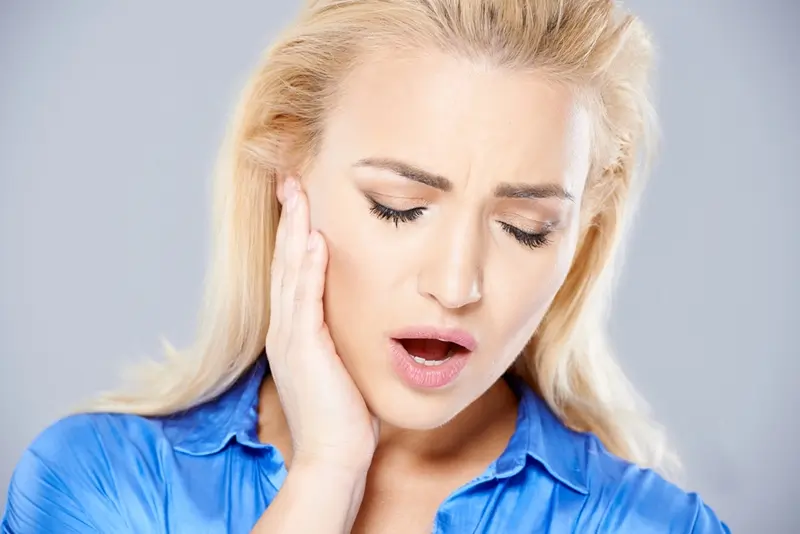Are you finding yourself waking up gasping for air in the night? Or experiencing severe tiredness at the wrong times of the day due to a restless sleep?
You could be suffering from a condition known as obstructive sleep apnoea (OSA). Believe it or not, your dentist may be able to help you overcome this problem. Here, we investigate the symptoms and causes of OSA, and what a dentist can do for you.

What is apnoea?
While we're awake, specialised muscles in our upper airways maintain tone in our tongue, soft palate and the back of our throat in order to keep the passages open for breathing. When we're asleep, these muscles relax and the size of the airway is reduced. For people with naturally smaller airways, this can lead to apnoea.
Apnoea – which stems from the Greek word for "breathless" – refers to short pauses in breathing, or especially shallow breaths and is experienced by approximately 16,000 Kiwi adults, according to the Thoracic Society of Australia and New Zealand.
Restricted airflow often results in snoring, as the small airway vibrates with each breath. With OSA, apnoeas will stop you from breathing, causing your body to wake you in order to get more oxygen. You probably won't remember waking up during the night, as you'll only wake enough to tense the airway muscles before returning to sleep.
How do I know if I have sleep apnoea?
You might suspect you're experiencing sleep apnoea if you struggle with a number of the following symptoms:
- Excessive daytime sleepiness.
- Morning headaches.
- Frequent nighttime waking.
- Snoring.
- Jaw pain.
- Waking with dry mouth.
When apnoeas occur, your brain may cause you to grind your teeth to encourage the airway open. This can leave you with an extremely sore jaw and intense headaches and can contribute to tooth decay, as the dental enamel wears down. Talk to your dentist at your next check-up about your troubles.

How can a dentist help with sleep apnoea?
Sleep apnoea can easily impact your quality of life, so it's best to identify it as soon as possible.
It may seem odd that a dentist might be the person to turn to about a sleep problem, however this is because teeth-grinding is one of the most strongly felt symptoms. If your jaw feels especially sore, your dentist can identify the possibility of sleep apnoea and refer you to a specialist for treatment.
Sleep apnoea can easily impact your quality of life, so talking to a professional to find a solution as soon as problems occur can save you a lot of frustration and exhaustion. To discuss potential sleep apnoea with a dental professional, give City Dentists a call on 04 978 4964 or click here to book a routine check-up.
